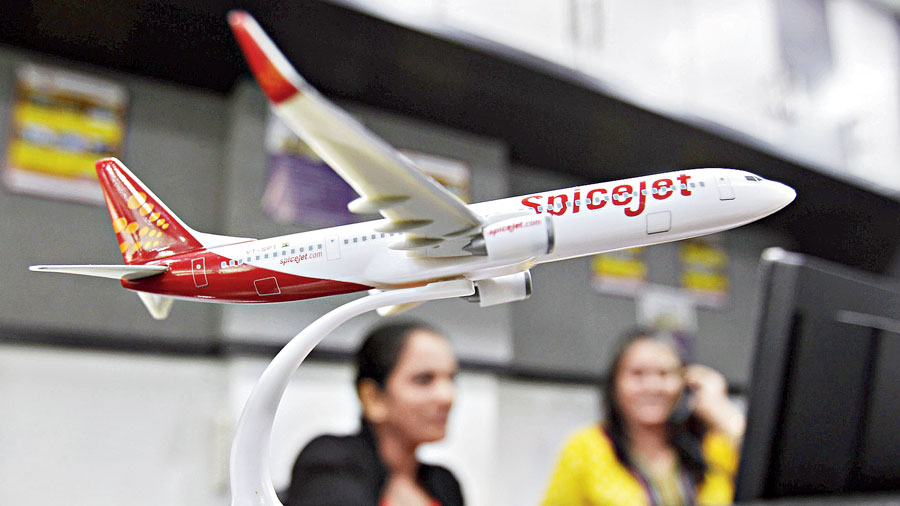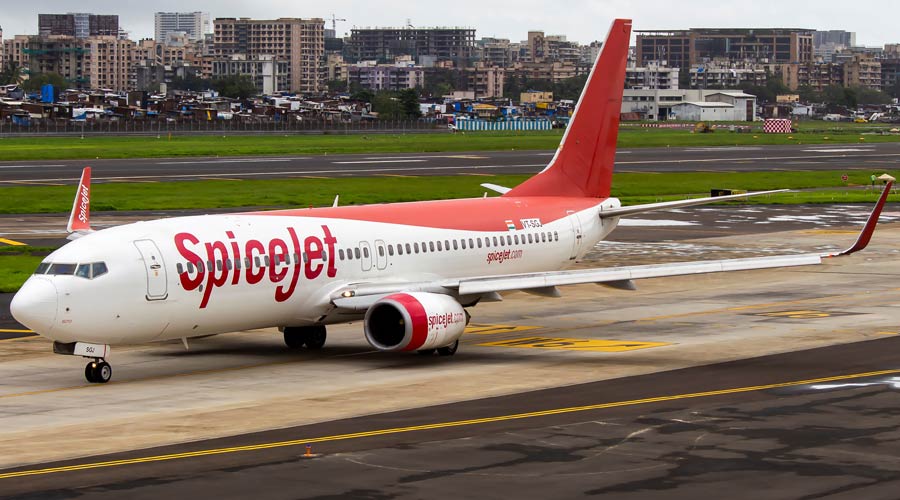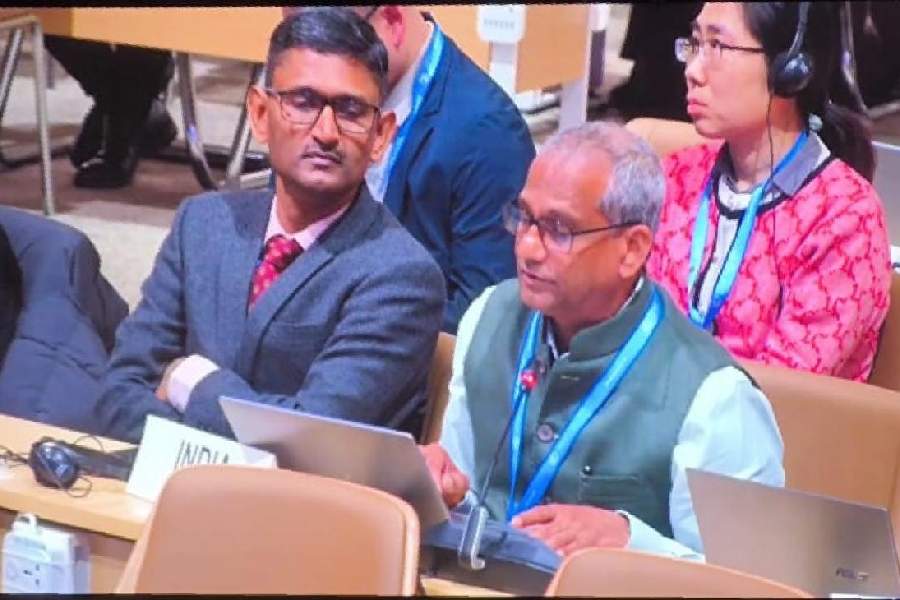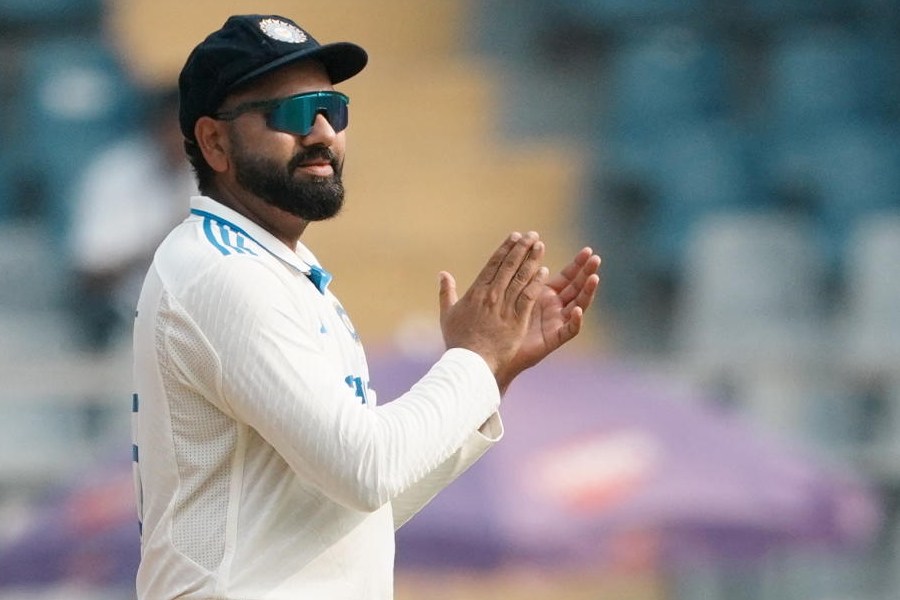Madras High Court has ordered the liquidation of SpiceJet for failing to pay dues of $24 million to a Swiss aircraft maintenance company.
Justice R. Subramanian, however, granted a three-week stay on his order on the condition that the loss-making budget carrier deposit $5 million with the court within two weeks — which will give it time to pursue other legal recourse.
The stark prospect of a windup hangs over the airline as Justice Subramanian has also directed the official liquidator to seize SpiceJet’s assets and then make a determination whether Credit Suisse AG, the petitioner, has a legal right to the payment of the dues.
The bitter squabble over the payment of dues arises from a 10-year contract that SpiceJet signed with SRT Technics of Switzerland in November 2011 for the provision of the maintenance services for aircraft engines. A supplemental agreement was signed in August 2012, which changed some provisions relating to costs while granting the airline more time to pay back dues.
SRT Technics had raised seven invoices for a total sum of $24.01 million that, the court said, SpiceJet did not dispute.
In September 2012, SR Technics assigned all its rights to receive payments to Credit Suisse AG, including the bills of exchange issued by SpiceJet.
Credit Suisse moved the court after SpiceJet refused to honour its commitment to pay the dues and refused to respond to a statutory notice under the Companies Act that sought to make the airline liable for winding up under Section 433 (e) of the law.
The airline has challenged the claims, contending that SR Technics did not have a valid licence issued by the directorate general of civil aviation (DGCA) to carry out aircraft maintenance services — but does not explain why SpiceJet entered into the agreement in the first place and chose to avail itself of those services.
SpiceJet also contested the assignment of SR Technics’s dues to Credit Suisse and argued that the claims for payment as well as the petition of its windup were not legally enforceable.
Credit Suisse has said SR Technics has a UK arbitration award granted in the latter’s favour. SpiceJet riposted that the award is not enforceable in this country where Indian laws apply.
Justice Subramanian said that SpiceJet had the opportunity to terminate the contract with SR Technics on the ground that it did not have valid DGCA certification but chose not to do so. “Therefore, in my opinion, it cannot turn round and say there is a violation of the provisions of the Aircraft Act or the Civil Aviation Rules (CAR) made thereunder and therefore the liability ceased,” the order said.
The court said SpiceJet had failed to pass a three-pronged test laid down by the Supreme Court to decide whether or not to pass a windup petition against a company for non-payment of debt. The litmus test is based on: (a) whether the defence of the company is being made in good faith; (b) the defence is likely to succeed on point of law; and (c) whether the company has adduced prima facie proof of the facts on which the defence depends.
Justice Subramanian said SpiceJet had failed the test and added that “the company court need not render a conclusive finding on the enforceability of the debt while examining the issuance of notice of winding up or while examining the admission of a winding up petition”.
SpiceJet said the company was examining the order issued by Madras High Court and would “initiate appropriate steps including preferring an appeal before the appellate jurisdiction within the time frame allowed by the Court”.
It added that it believed it had a good case on merits and remained hopeful of a favourable outcome.












